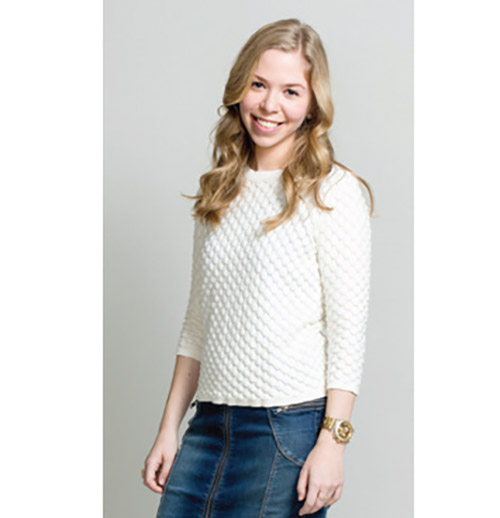
“I love what you’ve done with your hair, the change is beautiful!”
“It looks like you’ve lost weight; what’s your secret?”
“You look like you’ve gained weight recently; have you stopped working out?”
Which of these things is not like the other? In a world where commenting on one another’s appearance is not only common but in some circles expected, the degree of perceived insult/compliment seems to “make sense”: Provide compliments, not insults—it’s simple! One typically wouldn’t approach a friend and offer the following comment: I really dislike the color that you’ve chosen for your hair dye—it makes you look pale and doesn’t do much for your face.
This type of statement would be viewed as harsh and insulting. But something that compliments and provides your approval and validation for their exterior appearance is completely supported. This makes sense.
But does it?
Generally, comments about appearance upon seeing a friend or acquaintance is a space filler. Rather than saying that you’re happy to see the person, or just standing there awkwardly, or perhaps diving right into conversation, a comment like “you look great!” is the norm. And sometimes, the person truly wishes to express what he or she thinks about the other person’s appearance. But most of the time it’s a way of greeting and of saying “it’s so nice to be seeing you.”
But should it be the norm to express what you think about someone else’s appearance? There’s a great meme bouncing around the internet providing things you can say to little girls besides telling them how pretty they look. Things like asking them about their interests or curiosities. And yet, even when I see interactions between friends/family and children of all ages, it somehow travels back to how the child looks. Now this isn’t to say we can’t ever pay someone a compliment or that this type of language should be banned. Yet, does it make sense that this is expected? And even further, why are some comments approved while others are looked at with distaste or shock? And when I write that we should be able to pay someone a compliment, who dictates that line between compliment and insult?
There is a balance, a “gray area,” between not saying anything at all and “saying too much.” Much of this balance includes tone or how things are said, as well as the relationship between the sayer and the receiver. For instance, certain close friends provide honest feedback without judgment. They’ll tell you if your new haircut isn’t flattering according to their taste. Not to be mean or insulting, but because they value being truthful, and in that particular relationship it can be handled by the receiver.
Saying that someone has lost weight is deemed good, while informing him/her that his/her body has changed regarding weight gain has become equivalent to an insult. I recently co-wrote a piece titled “Someone Called me Fat and I Don’t Know Why That Has to Hurt” regarding the standard of fat being a bad word and unpacking this commonly accepted understanding. I find it interesting that overall we freely believe we can comment on other people’s weight and do so in a manner that suggests approval/disapproval or reinforces societal norms that contribute to drastic disordered eating and even eating disorders. I find it intriguing that it is commonly understood to be a hurtful, rude thing to comment on weight gain, when in reality, why should any comment on size ever be made and why should one be more complimentary than another?
We can dig into societal norms and the changes of perspective on the female and male bodies. We can explore when this changed, when meaning around weight became such a dynamic theme in our culture. When it took on more meaning about the person than his/her qualities or interests. For so many, they are not seen as individuals, as people, but rather as a body—either to be envied or judged. We are people with souls. Sure, there is an exterior shell to this soul, one that is the first thing seen by others.
But how can we take a stand to prevent ourselves from pouring all understanding of ourselves or others into the domain of weight, shape or appearance? Perhaps it is to say less and to learn more. Perhaps it is to stop berating ourselves for pounds of flesh and to focus on how we can grow and what we bring to this world. Perhaps it is to pause when receiving feedback about weight gain and think about why this should be no different from weight loss.
As we experience and finish the High Holidays, I encourage you to be mindful of what you say, not only to others but to yourself, and how to challenge the line of thinking that anything about weight should determine who you are. Instead, show the world who you are through your actions and your ideas. Chag Same’ach!
By Temimah Zucker, LMSW
Temimah Zucker, LMSW, is a therapist both at Monte Nido Manhattan and in private practice. She is also a public speaker and writer on the subjects of mental health, confidence, body image and eating disorders. Temimah also leads groups for Jewish women in recovery and for supporters of those struggling with eating disorders in NYC. She can be reached at [email protected] or via www.temimah.com.










